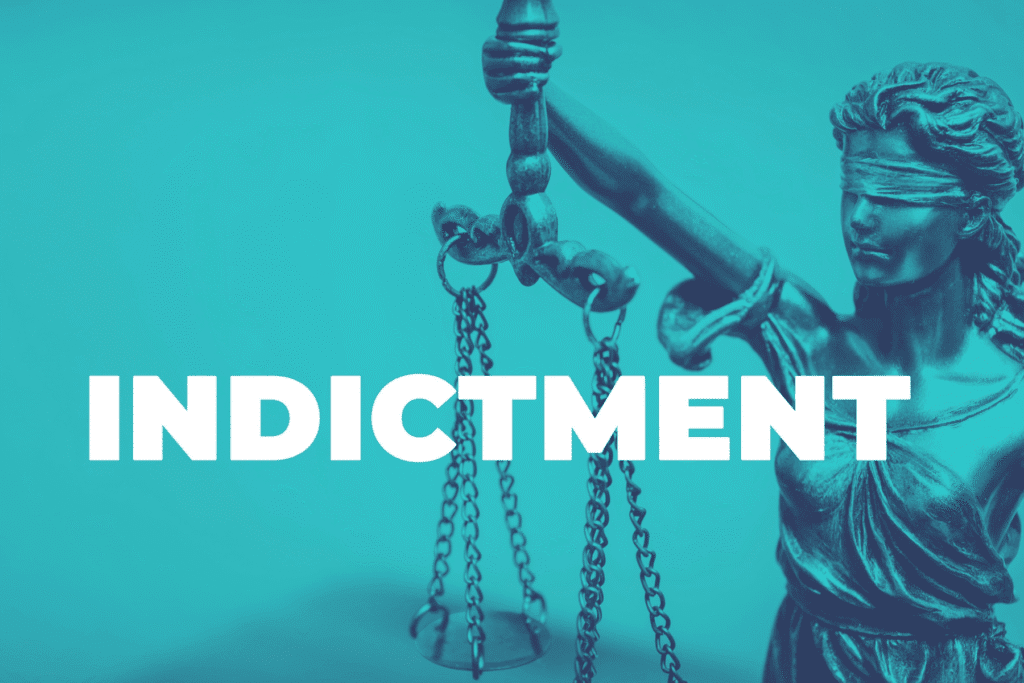Understanding Indicted vs. Charged in Arizona Criminal Cases
When you’re facing criminal allegations, understanding the language used by attorneys, police, and the courts is crucial. One common point of confusion among Arizona clients is the difference between being “indicated,” “indicted,” and “charged.” These words may sound similar, but in legal terms, they carry very different meanings. Here’s what you need to know if you’re under investigation or have been contacted by law enforcement in Scottsdale or the surrounding Phoenix metro area.
“Indicated” Isn’t a Legal Term in Arizona Criminal Law
First, let’s address the word “indicated.” This is often a misspelling or mishearing of the word “indicted.” Many people mistakenly believe they were “indicated,” when in fact, they mean “indicted.” The word “indicated” does not have any standing in Arizona criminal law. You won’t find it in court documents or official charges.
That said, in the context of juvenile dependency cases—such as those involving CPS or DCS—“indicated” may occasionally refer to a finding of abuse or neglect by an agency, not a court. But if you’re involved in a criminal case, “indicated” is not the term in play.
What Does It Mean to Be Indicted?
An indictment is a formal accusation that you committed a crime, and it comes from a grand jury—not a prosecutor directly. In Arizona, grand juries are used primarily for serious felonies, such as drug trafficking, homicide, white-collar crimes, or complex conspiracy charges.
During the grand jury process, prosecutors present evidence to a panel of citizens. The accused is often not present and may not even know the hearing is taking place. If the grand jury finds probable cause, they vote to indict, and a criminal case formally begins.
Being indicted is serious. It means the state believes it has enough evidence to take your case to trial, and you could be facing significant prison time if convicted. At this stage, you’ll be served with a summons or warrant and required to appear in court.
What Does It Mean to Be Charged?
Being charged means that the prosecutor—usually a city, county, or state attorney—has filed formal criminal allegations against you in court. Unlike indictments, charges are typically filed without a grand jury, especially in less severe cases like misdemeanors or lower-level felonies.
For example, if you’re arrested for DUI in Scottsdale, the Maricopa County Attorney’s Office or Scottsdale City Prosecutor may file charges directly after reviewing the police report. You’ll then be required to appear in court and respond to those charges.
So, while every person who is indicted is also charged, not everyone who is charged has been indicted. Indictments are reserved for specific circumstances and types of crimes.
Charged vs. Indicted — What’s the Difference?
The key difference is how the process begins:
- Charged: The prosecutor files the complaint directly with the court. Common in routine or lower-level criminal cases.
- Indicted: A grand jury evaluates the evidence and decides whether to issue an indictment. This is used in more serious, complex, or politically sensitive cases.
No matter how charges are initiated, you are now involved in the criminal justice process—and it’s critical to protect your rights immediately.
Why It Matters in Arizona Criminal Defense
In Arizona, whether you’ve been charged or indicted, your case will follow a similar path: arraignment, discovery, pretrial hearings, and possibly trial. The difference lies in the evidence gathering and strategic options available early on.
If you’ve been indicted, you likely had no opportunity to present your side of the story before charges were filed. If you’ve been charged directly, there may be more room for early intervention. In both scenarios, hiring a criminal defense attorney as soon as possible gives you the best chance at resolving the case favorably.
How Rideout Law Group Can Help
At Rideout Law Group, our Scottsdale criminal defense team is experienced in both indictment cases and direct charges. We represent clients in Maricopa County Superior Court and Scottsdale City Court, handling everything from minor offenses to major felonies. Our attorneys include former prosecutors and seasoned trial lawyers who understand how to challenge the state’s case at every level.
We offer:
- Free criminal consultations
- Same-day representation in urgent cases
- Decades of combined courtroom experience
- Personalized, client-first legal strategy
📍 Scottsdale Office: (480) 584-3328
📍 Lake Havasu Office: (928) 854-8181
📲 Free Consultation | Confidential & Local Representation

